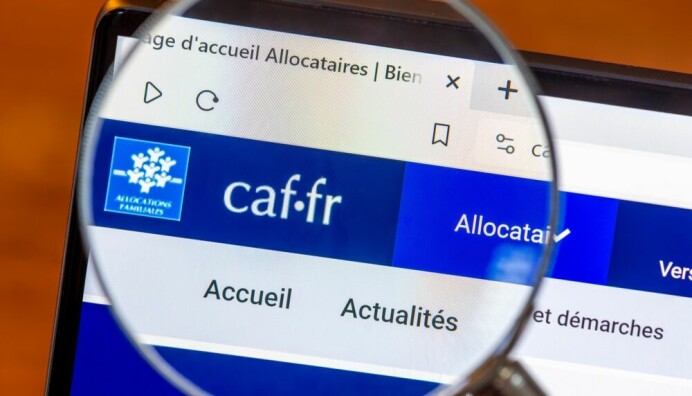Notaire fees expected to rise for home purchases in France
Local authorities set to increase fees to combat budget cuts
The proposed increase is additional to a €10-€20 extra tax already announced for most property purchases
texianlive / Shutterstock
An increase on notaire’s fees is likely to come into force next summer after changes to the 2025 budget were announced by Prime Minister Michel Barnier.
An amendment aims to allow for droits de mutation à titre onéreux (DMTO, typically referred to as notaire's fees) applicable to property purchases to rise by 0.5% for the part levied by departmental councils.
It means that for a property of €300,000 total 'notaire’s fees' on a purchase will increase from around €22,500 to €24,000.
DMTO fees are fixed for a period of June 1 to May 31 the following year, meaning those looking to avoid the increased costs need to finalise a home purchase before this time (by signing the acte authentique d’achat).
Sandrine Allonier, director of online mortgage company Vousfinancer, has predicted that the increase in fees will lead to a spike in home purchases at the beginning of 2025.
As with other amendments included in the budget an implementation of higher notaire fees is dependent on the budget passing before December 31.
This seems increasingly likely to be undertaken via the controversial article 49.3 and not via a parliamentary vote. Article 49.3 allows certain bills to bypass a vote in parliament.
Read more: France’s 2025 budget will ‘probably’ be forced through without vote, says PM
Mr Barnier has stated that first-time buyers will be exempt from the increase. Those buying new-build properties, who already pay a reduced rate of DMTO, are also expected to be exempt.
The government also announced earlier this month that a small additional tax on notaire’s fees - around €10 to €20 for most property purchases - will go towards a coastal erosion fund.
Read more: Small increase in notaire fees to boost French coastal erosion fund
Why did French local authorities push for the increase?
Implementation of the increase is enacted at a departmental and not national level, with the change in the budget simply allowing departments to increase the fees if they wish.
However it is thought highly likely that all departments will implement an increase as it is a major source of local funding.
Despite the name the majority of ‘notaire’s fees’ are not retained by the notaire working on a property purchase.
While a part goes to pay the notaire for their work, much of the total fee (adding up to an additional 7-8% on top of the property price) represents taxes passed on to national and local government, with the majority going to the departmental council.
It is this part which, it is proposed, could rise from a maximum of 4.5% of the property price to 5%.
Read more: Explainer: Role of notaire in France and what to do if not happy
Much of the fee goes towards local funding and in some cases contributes up to 20% of all funds received by a communes at local level.
Communes receive the rest of their locally-based funding from property taxes (taxe d’habitation and taxe foncière) with the balance, some 30%, coming directly from the government.
The government has called on local communities to undertake spending cuts of €5 billion but groups such as the Association des maires de France say the cuts will reduce budgets by up to €10 billion.
Increasing notaire’s fees is one means for local authorities to increase revenue without cutting services.
Another is raising the percentage rates that councils apply to the calculation of local property taxes.
Authorities say that changes to taxe d’habitation has left them with a funding hole leading many to have already increased levies on property taxes where possible.
Read more: Thousands more French second homes face 2024 tax rises
Councils are able to vote to change the percentage though they have no control over the theoretical annual rental values of properties to which their rates are applied.






























